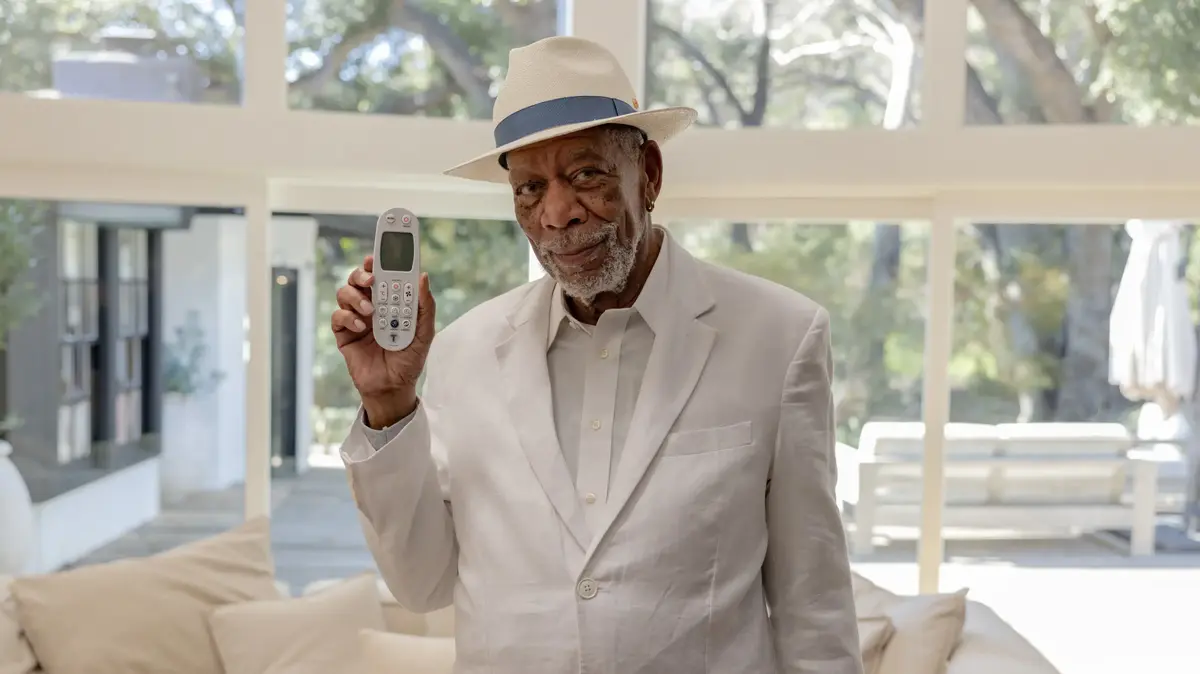The term "display" has been used frequently for a decade and refers to the excessive use of screen devices in our daily lives.
Only three decades ago, our screens were limited to the television in the living room at home, not counting those who began to explore computing with the first personal computers.
Today, the glass rectangle of our mobile rules our lives in such a way that if we forget our phone somewhere, we feel naked.
All kinds of strategies are being tested to curb public speaking.
From the digital diet followed in many American homes, where mobile devices are on a strict schedule, to the harsh re-education camps for Chinese youths who have been diagnosed as "internet addicts."
For our part, according to the report published in 2022 by the National Observatory for Technology and Society, beyond the benefits provided by technology and social networks, two out of three Internet users are aware of the risks they also entail.
88% of those interviewed were also concerned about the new addictions caused by these devices.
This prevention is not something new.
Paradoxically, the promoters of this new way of living have been characterized by preventing their children from accessing their own products.
In 2010, Steve Jobs acknowledged that his children had never used an
iPad
, while Bill Gates did not allow his children to use Internet-connected devices.
And those restrictions are not a thing of the past.
Tim Cook, current president of Apple, gets angry when he discovers his little nephew glued to social networks.
If these tech gurus take so many precautions, it means there's every reason to regulate screensavers.
At the moment, we know that abuse can trigger obesity, insomnia, neck and back problems, and impair vision.
Beyond these physical side effects, many therapists link technology addiction to anxiety, depression, and poor school or work performance.
To avoid these dangers, according to specialists, children should not spend more than two hours a day in front of a screen.
As for adults, it would be advisable to disconnect from the networks once work hours are over.
That would be the ideal, although, if we assume that this technology is here to stay, we must learn to live with it, taking advantage of its advantages and minimizing its risks.
British journalist Matt Haig, who rose to fame with his novel
The Midnight Library
, has focused much of his career on mental health.
Aware that this also depends on the good or bad use of the networks, he proposes this decalogue for a healthy relationship with technology.
Practice abstinence from social media.
It will be proof that you have control over them, and not the other way around.
Haig points out that this will is a muscle that must be strengthened with practice.
Don't google your symptoms.
Doctors strongly advise against browsing the networks in search of information in the face of any symptom, unless, as the English journalist points out, "you want to convince yourself that you are going to die before dinner."
Nobody cares how you look.
Everyone is worried about their own body.
Therefore, forget about looking forward to the gallery.
What seems real may not be.
Thinking that Facebook or Instagram posts are real life can cause us frustration when comparing them to our own existence.
People are much more than what they show on their networks.
Hardly anyone posts when they are depressed or bored.
What we see on the screens may be 1% of your reality.
Don't follow anyone out of hate.
Emotional contagion also comes from the networks, so it is better to frequent accounts that allow you to learn and treasure positive energy.
Be wary of the ratings.
As an example, Matt Haig points out that on Goodreads, when he proposed his decalogue, William Shakespeare had a rating of 3.7 out of 5.
You're not missing anything.
To avoid falling into FOMO (
fear of missing out
), the key is to stop being aware of the outside to try to be happy with who you are.
Don't put off anything.
The author recommends: “Never delay or postpone a meal, sleep, exercise, or human interaction over the Internet.”
Stay human.
In the age of
algorithm-driven
marketing , the challenge is to be someone no computer can predict.
Francesc Miralles is a writer and journalist who is an expert in psychology.
Subscribe to continue reading
Read without limits
Keep reading
I'm already a subscriber







/cloudfront-eu-central-1.images.arcpublishing.com/prisa/SJ2JE6YG7FA5VFLIRSO2YSLRUM.jpg)

